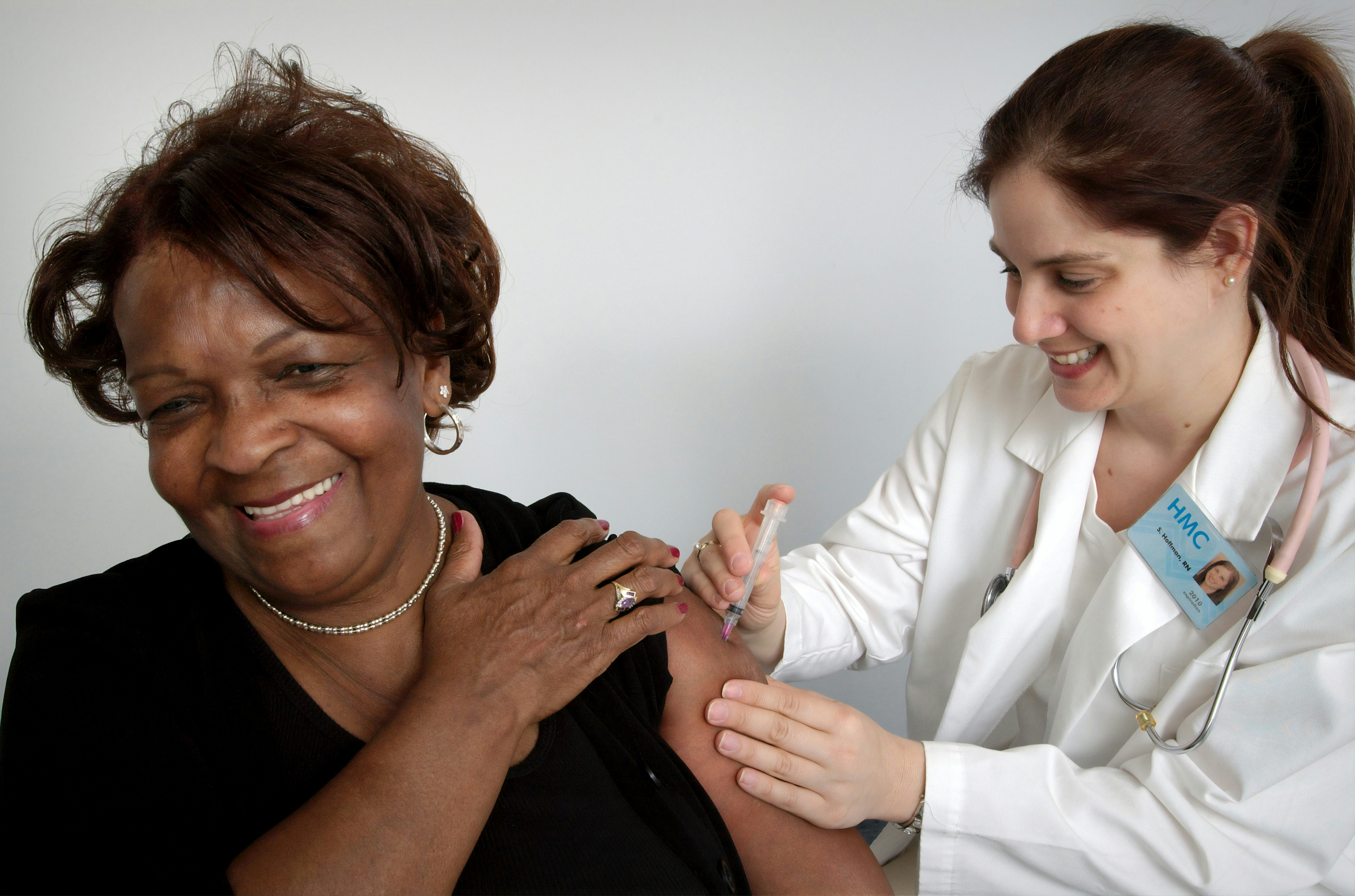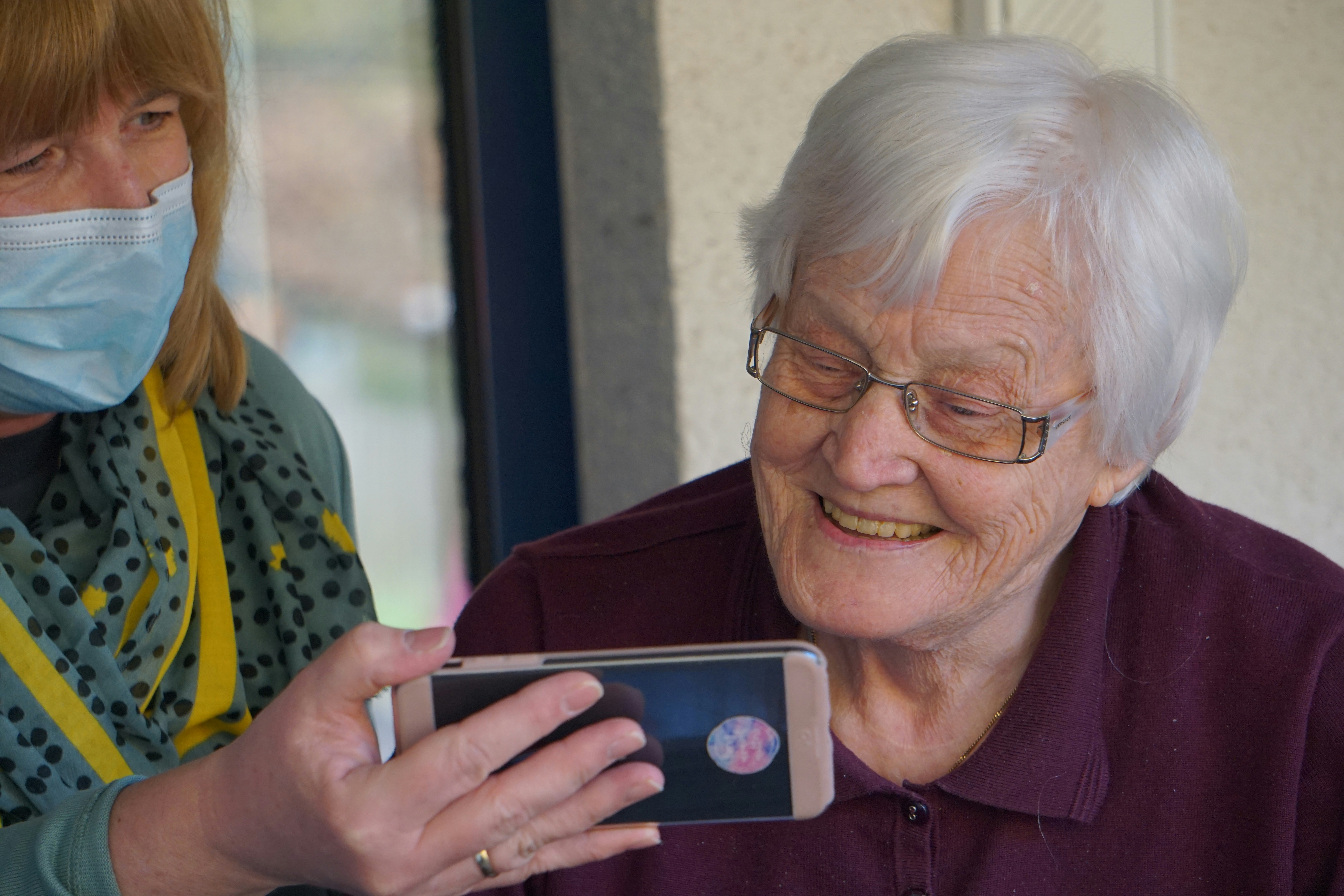As we get older, there is more we may have to depend on when it comes to medical intervention. It’s important to have all of the facts in place for both us and our caregivers, to make sure we are kept at our most fit mentally and physically. Keep reading for a few things you or your caregiver can be on the lookout for to make sure they stay on top of any cognitive decline or other symptoms of dementia.
Understanding Alzheimer’s Disease

Alzheimer’s disease is a progressive disease that causes the disappearance of memory, cognitive decline, and the loss of other important mental functions. The progress of this disease is detectable through seven Alzheimers stages:
- Normal forgetfulness, as appears often with aging
- Mild cognitive impairment
- Mild Alzheimer’s disease
- Moderate Alzheimer’s disease
- Moderately severe Alzheimer’s disease
- Severe Alzheimer’s disease
It is important to be vigilant for early symptoms of Alzheimer’s. Memory lapses and troubles with problem solving can fit diagnostic criteria. If you notice you are suffering from memory problems or cognitive impairment over time, consult a medical professional who may recommend a neurological exam to determine the progress of the disease, while also looking into other pathology tests to assess your overall health.
The Alzheimer’s Association, the leading non-profit organization to benefit Alzheimer’s patients and their families, also recommends mental status tests. These exams will evaluate memory, the ability to solve simple problems, and other thinking skills to get a better picture on if memory loss is associated with normal-aged forgetfulness, or something deeper like Alzheimer’s or dementia.
In addition to assessing mental status, the doctor will evaluate a person’s sense of well-being to detect depression or other mood disorders that can cause memory problems, loss of interest in life, and other symptoms.
Keeping Active
Though mobility can get limited as we age, it is still important to keep moving and exercise safely. Sitting around all day can actually lead to risk factors for other health issues like circulatory system disorders. No one says you need to run a marathon, but even some moderate physical activity throughout the day is better than none.

An exercise plan featuring moderate-intensity aerobic activity five days out of the week, combined with muscle-strengthening movements on two or more days, can eliminate higher risk for certain illnesses and disorders. These can be incorporated into other hobbies you have, to make it easier to combine into your normal daily activities. Be sure to tell your doctors about your daily activities to get a better assessment of your regimen.
Maintaining a Balanced Diet
Healthy eating is important through a lifetime, as the food we take in can actually help our body fight against some disorders like inflammation, arthritis, and gastrointestinal issues. Low-fat dairy products rich in vitamin D helps bone health, while dark green vegetables are rich in iron to benefit the circulatory system. Of course, avoid dehydration by drinking plenty of water throughout the day. As Alzheimer’s disease progresses, patients can forget to eat, which makes them at risk for malnutrition and dehydration. This is something that a caregiver must remain aware of.
Alternative Treatments
Holistic alternatives can provide an alternative to medication. Remedial massage therapy is ideal for senior patients dealing with chronic pain and arthritis. As part of a discussed treatment plan, remedial massage therapist will focus on a specific area of the body, combating tension and discomfort with a deep pressure massage for that area.
Taking to a massage table to deal with the severity of this pain can actually relieve the symptoms of sciatica, while increasing circulation and mobility. Long strokes by a massage therapist can also improve balance and motor skills, and have been known to help patients with diabetes, Parkinson’s disease, and neuropathy.
Remedial massage can be especially helpful for maintaining and improving overall health as we age. It also has been shown to relieve anxiety and provide comfort, especially for elderly clients that may not be getting the affection they need.




